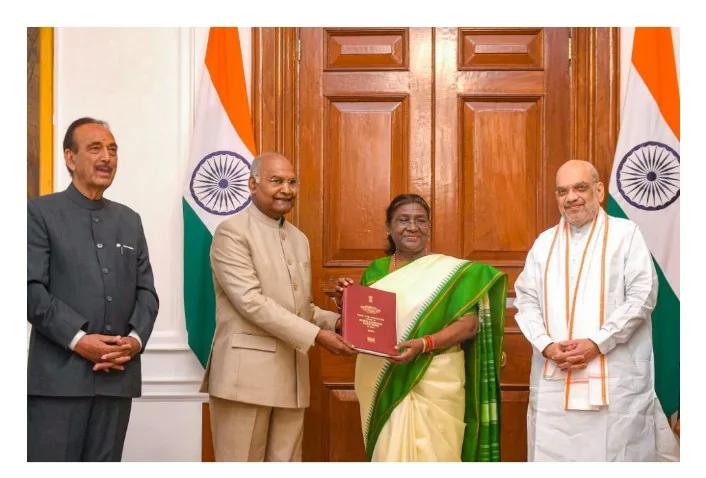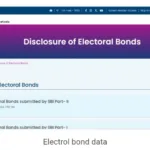A committee chaired by former President Ram Nath Kovind has submitted its extensive report of over 18,000 pages on the concept of ‘One Nation, One Election’ to President Draupadi Murmu. The committee recommends holding simultaneous elections for the Lok Sabha and state assemblies. Following the release of the report, various reactions have emerged.
Support for One Nation One Election from 32 Parties
Out of the 47 political parties contacted by the committee regarding the proposal, 32 have expressed support for simultaneous elections. However, 15 parties have voiced opposition.
15 Parties Oppose One Nation One Election
Several national parties, including the Congress, Aam Aadmi Party (AAP), Bahujan Samaj Party (BSP), and Communist Party of India (Marxist), have opposed the proposal to conduct elections simultaneously. Among regional parties, All India United Democratic Front (AIUDF), Trinamool Congress, All India Majlis-e-Ittehad-ul-Muslimeen (AIMIM), Communist Party of India (CPI), Dravida Munnetra Kazhagam (DMK), Naga People’s Front, and Samajwadi Party have also opposed the idea. Additionally, other parties such as Bahujan Republican Socialist Party (M), Social Democratic Party of India, and Revolutionary Socialist Party have joined the opposition.
Support from 32 Parties Including BJP
Bharatiya Janata Party (BJP) and National People’s Party (NPP) are among the 32 parties supporting the concept of One Nation, One Election. Other supporters include Aam Aadmi Party (AAP), All Jharkhand Students Union, Apna Dal (Sonelal), Assam Gana Parishad, Biju Janata Dal, Lok Janshakti Party (Ram Vilas), Mizo National Front, Nationalist Democratic Progressive Party, Shiv Sena, United Democratic Party (J), Sikkim Krantikari Morcha, Shiromani Akali Dal, and United People’s Party Liberal.
No Response from Some Parties
Several parties including Bharat Rakshak Party, Indian Union Muslim League, Jammu and Kashmir National Conference, Janata Dal (Secular), Jharkhand Mukti Morcha, Kerala Congress (M), Nationalist Congress Party (Sharad Pawar), National People’s Party, National Loktantrik Party, Revolutionary Socialist Party, Sikkim Democratic Front, Telugu Desam Party, and Vaiyapuri Gopalsamy Congress Party have not issued any response.
Reasons for Opposition
Opposing parties have raised concerns that implementing simultaneous elections could potentially violate the basic structure of the Constitution, undermine democracy and federalism, marginalize regional parties, and bolster the dominance of national parties. They argue that such a move weakens the fundamental framework of democracy and the Constitution. The AAP, Congress, and CPI (M) have particularly rejected the proposal, stating that it undermines the foundational principles of democracy and the Constitution.







